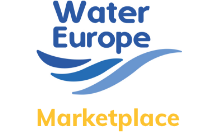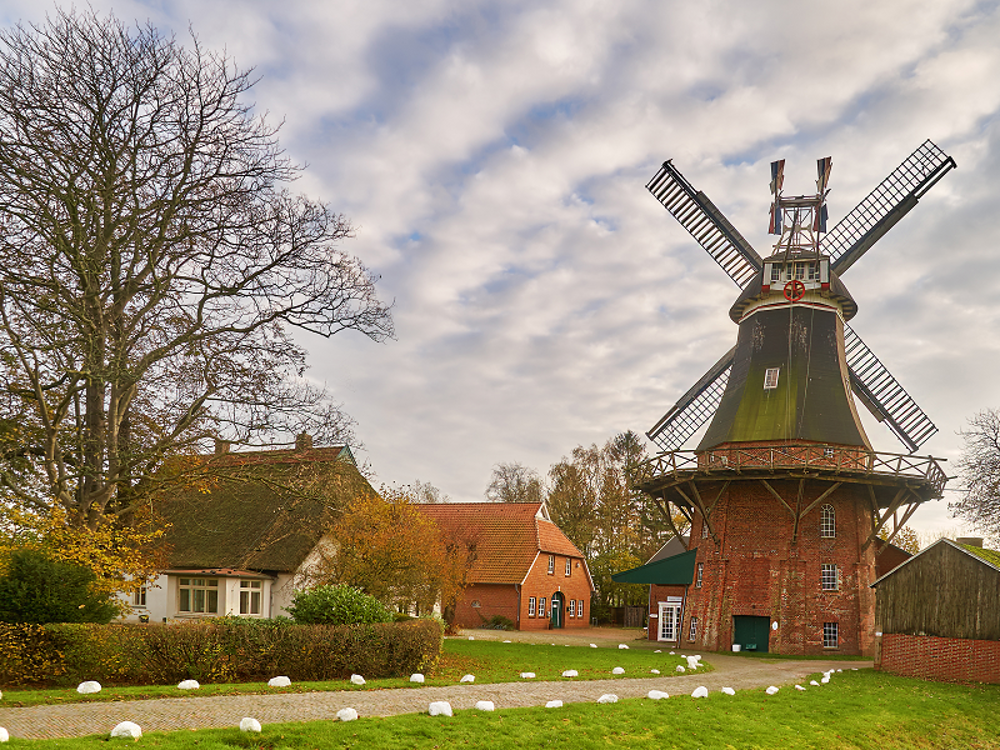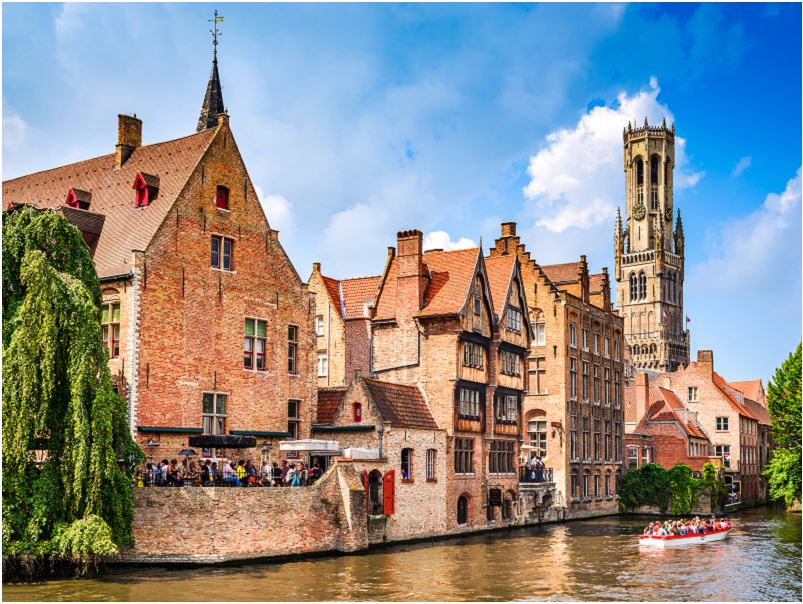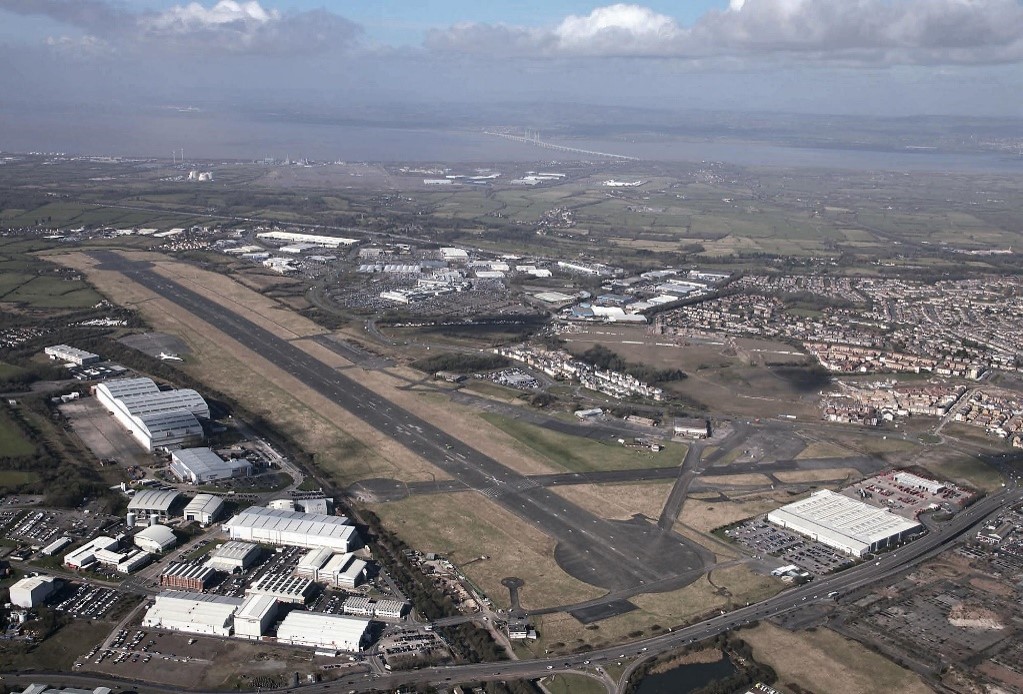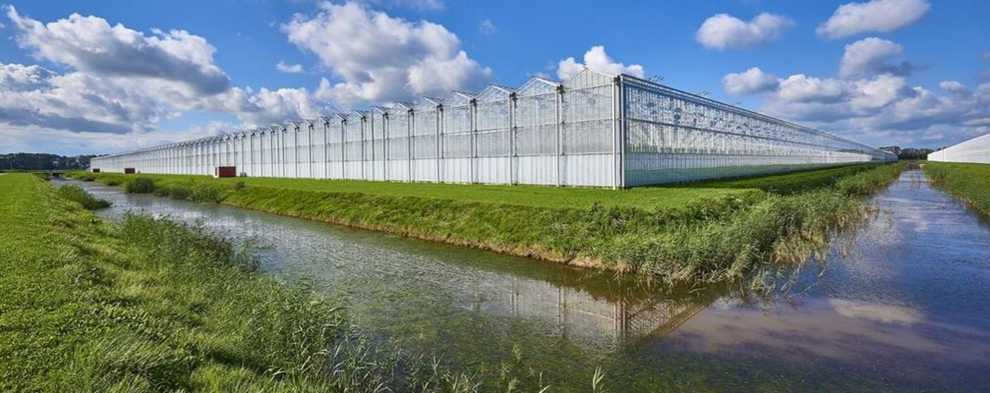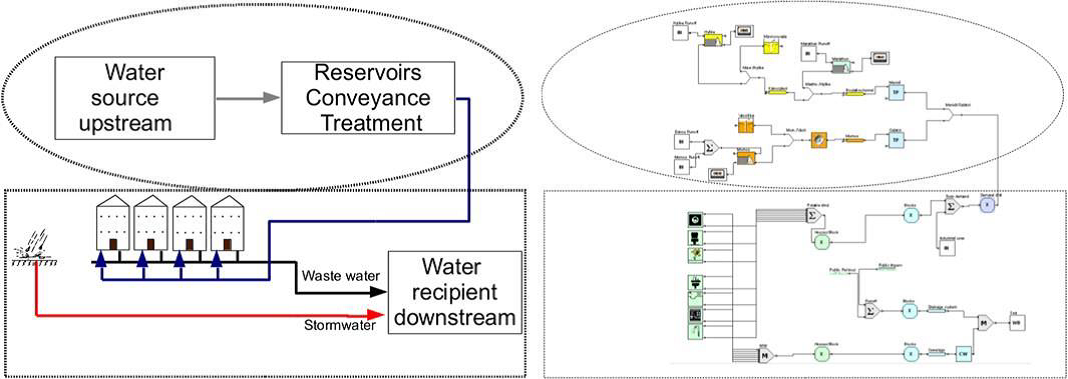
Description
UWOT is a decision-support tool that allows users to compare different water management technologies (including water saving, recycling, treatment and drainage) at different scales. The tool simulates the urban water cycle by modelling individual water uses and technologies, and aggregates their combined effects at development scale. UWOT provides a range of technology combinations, which are ranked according to user-based criteria. This allows the user to determine which combination of technologies will be most appropriate or beneficial for their new development.
Training material: Video with overview of UWOT is available at https://youtu.be/PL_2s_S958Y and a tutorial for setting up a simple topology and running a simulation is available at https://youtu.be/yV-j2osWtNw.
Target audience
Owner of the product
Sign in to access this information.Actors, their roles and interactions
- Water utilities provide data concerning (waste) water supply and quality characteristics of the inflow (e.g., BOD);
- Municipalities provide data related to water demand (for example, for irrigation needs of an examined park) or other information about the area of their responsibility (for example, the area of an examined park).
Unique selling points
- Bottom-up, component based urban water circle model;
- Multiple components, multiple technologies (DW, WW/GW, RW/Runoff);
- Able to simulate flows on a daily/hourly time step, in scenarios that span years to decades;
- Able to assist smartness in water, by modelling a range of decentralized, distributed interventions: RWH, GWR, blue-green areas, smart appliances and estimate water quantity and quality;
- Able to assimilate (time-series, parameter) data from multiple sources;
- Able to construct scenarios based on socio-economic assumptions;
- Supports spatial scales from appliance level and up, house/neighbourhood/city;
- Provides links with water and energy, water and nutrients.
Technical requirements
Available as stand-alone software (.exe) in MS Windows environments.
Hardware Requirements:
- x86-64 CPU, preferably >= 8GB RAM and 256GB HD
Software Requirements:
- OS: Windows 10, 8.1, 7, 2008R2, Thin PC as well as Windows Server 2016, 2012, and 2012R2
- Dependencies: Microsoft Visual C++ 2010 x64 Redistributable
Software data
| v4 | |
| 2008 | |
|
|
| Software is available for research purposes free of charge upon request on a time limited license. For commercial purposes there are commercial agreement options. |
Publications
- Rozos, E., C. Makropoulos, and C. Maksimovic (2013). Rethinking urban areas: an example of an integrated blue-green approach, Water Science and Technology: Water Supply, 13 (6), 1534-1542, doi:10.2166/ws.2013.140.
- Rozos, E., and C. Makropoulos (2013). Source to tap urban water cycle modelling, Environmental Modelling and Software, 41, 139-150, doi:10.1016/j.envsoft.2012.11.015, Elsevier.
- Rozos, E., and C. Makropoulos (2012). Assessing the combined benefits of water recycling technologies by modelling the total urban water cycle, Urban Water Journal, 9 (1), doi:10.1080/1573062X.2011.630096.
- Rozos, E., C. Makropoulos, and D. Butler (2010). Design robustness of local water-recycling schemes, Journal of Water Resources Planning and Management - ASCE, 136 (5), 531-538, doi:/10.1061/(ASCE)WR.19.
- Makropoulos, C. K., Natsis, K., Liu, S., Mittas, K., and D. Butler (2008). Decision support for sustainable option selection in integrated urban water management, Environ. Modell. Software 23(12), 1448-1460.
- Butler, D., Memon, F.A., Makropoulos, C., Southall, A. and Clarke, L. (2010). WaND – Guidance on water cycle management for new developments. C690 CIRIA, London.
URL
https://www.watershare.eu/tool/urban-water-optioneering-tool/
Technologies applied by the product
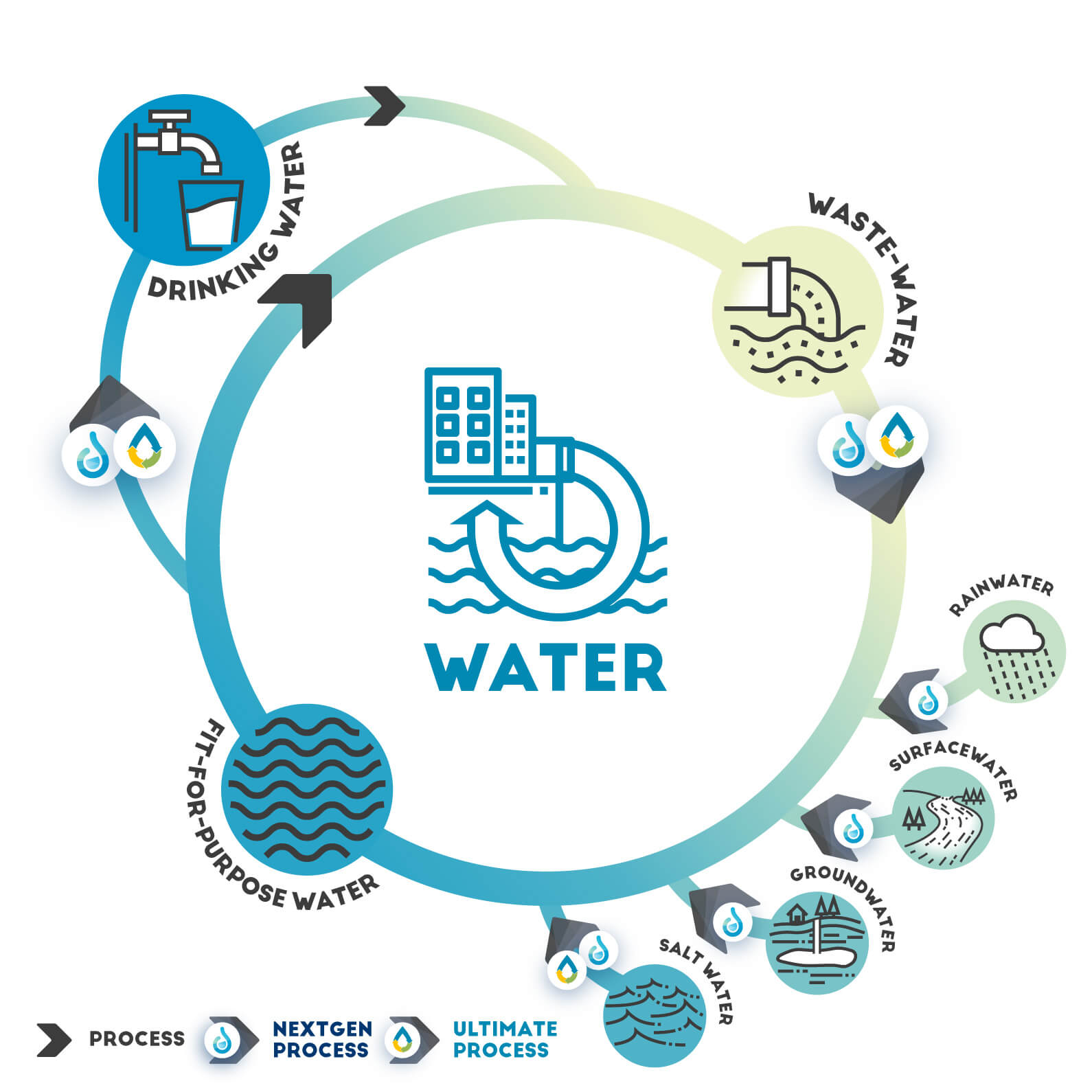
Groundwater systems
Groundwater recharge, storage and recovery practices are based on the circular economy concept for water reuse, also pr…

Rainwater harvesting systems
Rainwater harvesting systems are based on the principles of circular economy for the rational use of rainwater resource…

Resource for Circular Economy

Surface water and infiltration systems
Surface water can be collected and stored during rain periods to be later used in drought periods or injected into aqui…

Urban Waterbuffer

Wastewater treatment technologies for water reuse
Wastewater treatment and water reuse by implementing circular economy principles is an alternative source of water supp…
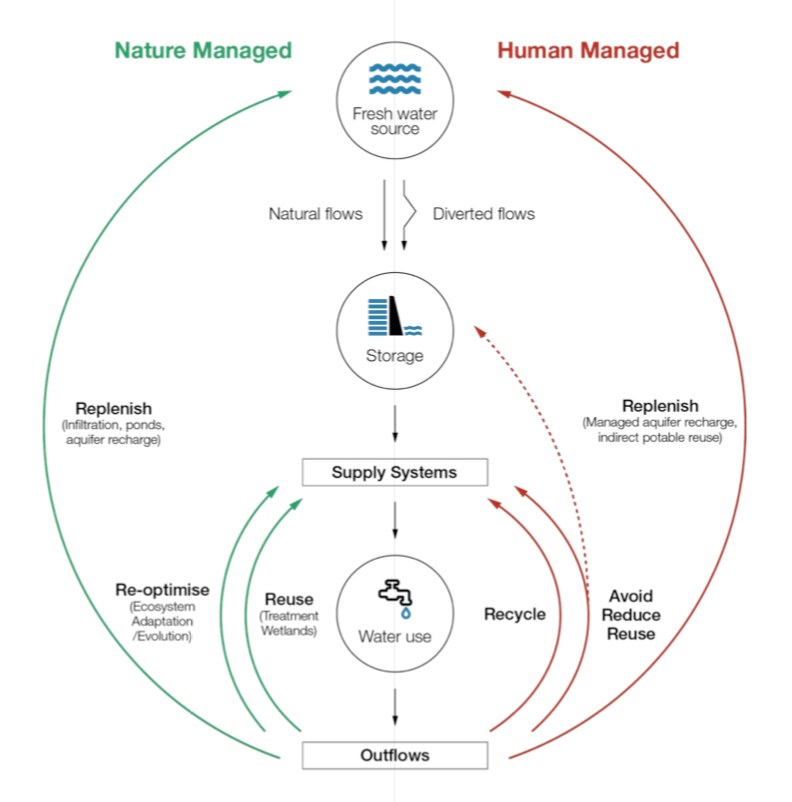
Water recovery technologies for water reuse
The opportunity with circular economy for water is to better align the human water cycle with the natural water cycle t…
